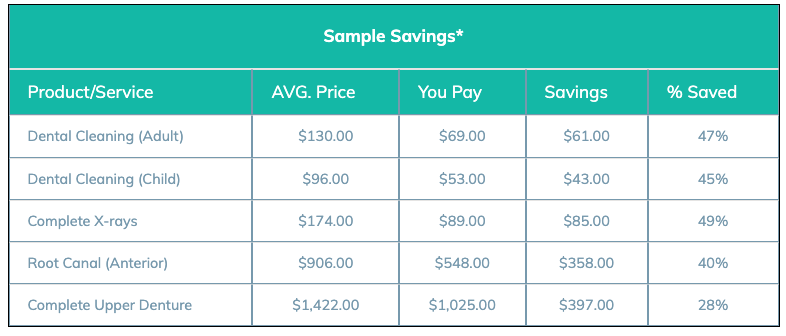
Gingivitis is a common oral health condition that affects millions of people worldwide. While it may sound daunting, understanding what gingivitis is, how it develops, its effects on health, available treatments, and preventative measures can help individuals maintain optimal oral health.
What is Gingivitis?
Gingivitis is an early stage of gum disease (periodontal disease) characterized by inflammation of the gums. It occurs when plaque, a sticky film of bacteria, accumulates on the teeth and gums. If left untreated, gingivitis can progress to a more severe form of gum disease known as periodontitis, which can lead to tooth loss and other complications.
Causes of Gingivitis
The primary cause of gingivitis is poor oral hygiene. When individuals fail to brush and floss regularly, plaque builds up on the teeth and along the gumline causing inflammation. Over time, this plaque can harden to tartar, which can only be removed by a dental professional. Other factors that can contribute to gingivitis include:
1. Plaque Buildup: Plaque accumulates on your teeth, forming an invisible adhesive film, primarily composed of bacteria. This buildup occurs when the carbohydrates and sugars in your diet interact with the naturally occurring mouth bacterial. It’s essential to remove plaque daily as it swiftly redevelops.
2. Plaque Turns To Tartar: Over time, plaque transforms into tartar, solidifying beneath your gumline. Tartar, also known as calculus, harbors bacteria and creates a protective barrier, making it challenging to eliminate plaque. This can lead to irritation along the gumline, necessitating professional dental cleaning to remove tartar.
3. Gingiva Become Inflamed: Gingivitis sets in as plaque and tartar persist on your teeth, irritating the gingiva- the gum tissue surrounding the base of your teeth. Prolonged exposure causes inflammation, resulting in swollen and easily bleeding gums. Additionally, this condition can lead to tooth decay (dental caries). Without proper treatment, gingivitis can progress to periodontitis, ultimately leading to tooth loss.
Effects of Health
Gingivitis may seem like a minor concern, but it can have significant implications for allover health. If left untreated, it can progress to periodontitis, which has been linked to various health issues, including:
1. Cardiovascular Complications: Gingivitis is associated with an increased risk of heart disease and other cardiovascular issues. The inflammation in your gums can lead to systemic inflammation, potentially contributing to the development of heart problems, such as heart attacks and strokes.
2. Diabetes Management Challenges: People with diabetes may find it more challenging to control their blood sugar levels when they have gingivitis. The infection and inflammation in the gums can make it harder to manage diabetes effectively, potentially leading to more severe complications.
3. Respiratory Infections: Bacterial infections in the mouth can be aspirated into the lungs, increasing the risk of respiratory infections. Individuals with gingivitis may be more susceptible to conditions like pneumonia and chronic obstructive pulmonary disease (COPD).
Treatment of Gingivitis
The good news is that gingivitis is a treatable condition, especially when detected in its early stages. Here are some common treatment options:
1. Professional Dental Cleaning: Schedule regular dental check-ups and cleanings with a dental hygienist. These professionals can perform thorough cleanings, including scaling and root planing, to remove plaque buildup from your teeth and below the gumline.
2. Improved Oral Hygiene: Adopt a diligent oral hygiene routine at home. Brush your teeth at least twice a day using a fluoride toothpaste and a soft-bristle toothbrush. Floss daily to remove food particles and plaque from between your teeth.
3. Medications: In some cases, dentists may recommend antimicrobial mouthwashes or prescribe antibiotics to help control the infection and reduce inflammation in your gums. These medications can complement your oral hygiene efforts in treating gingivitis.
Prevention of Gingivitis
Preventing gingivitis is far simpler than treating it. Here are some essential preventative measures:
1. Effective Oral Hygiene: Maintain a consistent and thorough oral hygiene routine. Brush your teeth at least twice a day using fluoride toothpaste and a soft-bristle toothbrush. Don’t forget to floss daily to remove plaque and food particles from between your teeth.
2. Regular Dental Check-ups: Visit your dentist for regular check-ups and professional cleanings at least twice a year. These appointments allow your dentist to detect and address gingivitis in its early stages and perform professional cleanings to remove any plaque and tartar buildup.
3. Healthy Diet and Lifestyle Choices: Consume a balanced diet rich in fruits and vegetables while limiting sugary snacks and beverages. Avoid tobacco products, as smoking or using tobacco can increase the risk of gum inflammation. Additionally, manage underlying health conditions like diabetes, as well-controlled health conditions can reduce the risk of gingivitis.
Conclusion
In conclusion, gingivitis is a common but entirely manageable oral health issue. By practicing good oral hygiene, seeking regular dental care, and addressing risk factors, individuals can effectively prevent and treat gingivitis, ensuring the health of their gums and overall well-being. Prioritizing oral health not only maintains a beautiful smile but also contributes to a healthier, happier life.
Have questions or need more information? Contact our Member Services Team at (214)389-9072.



